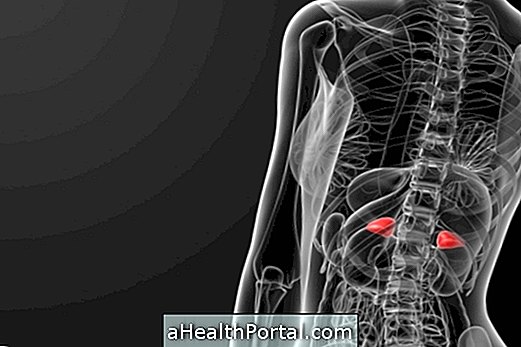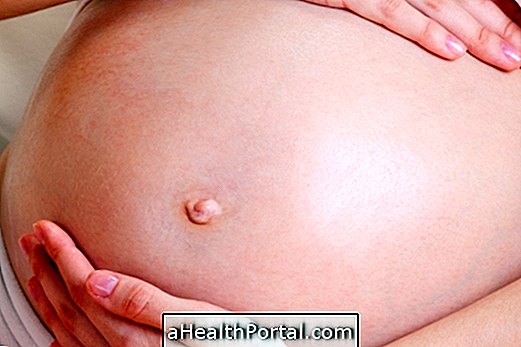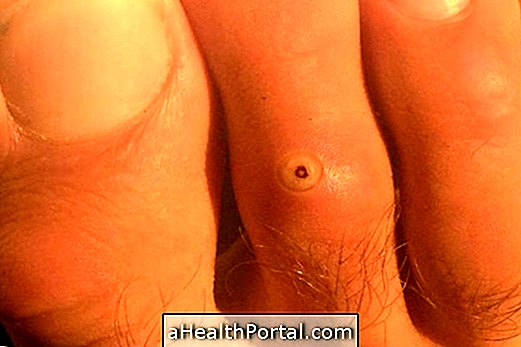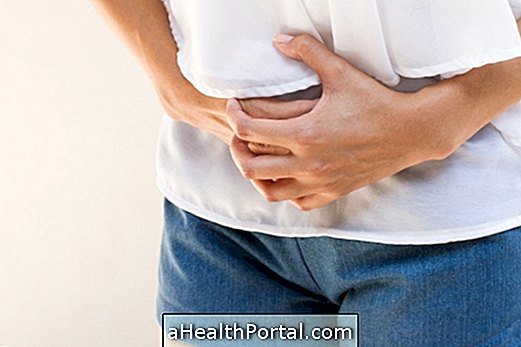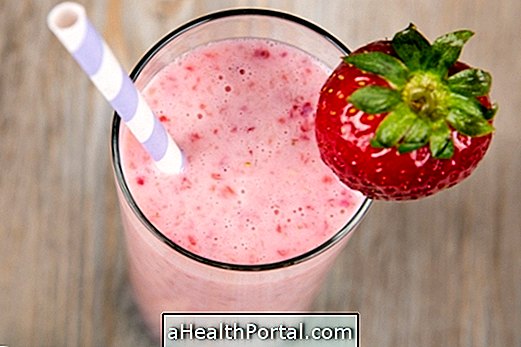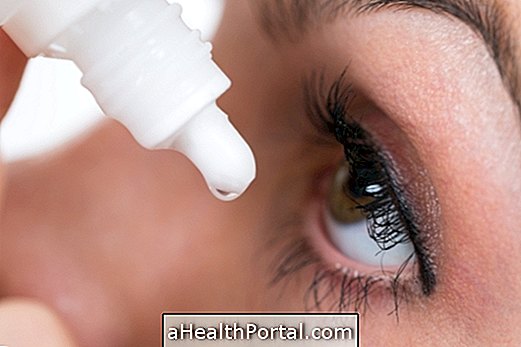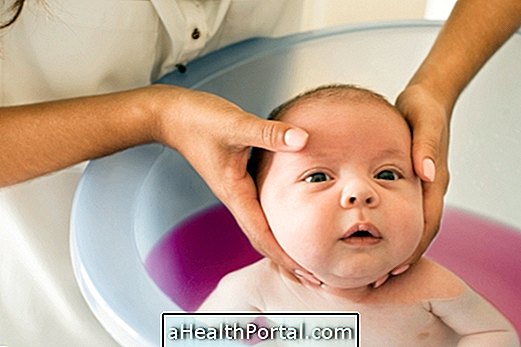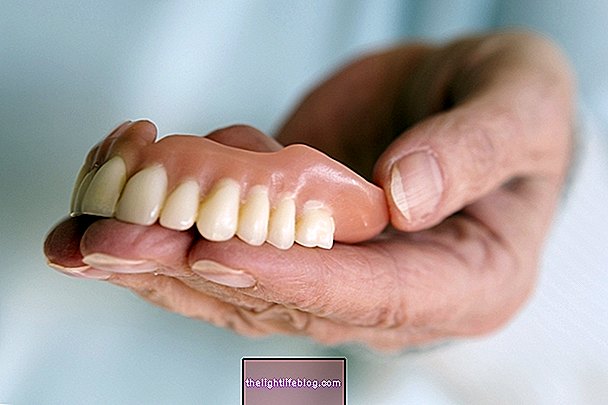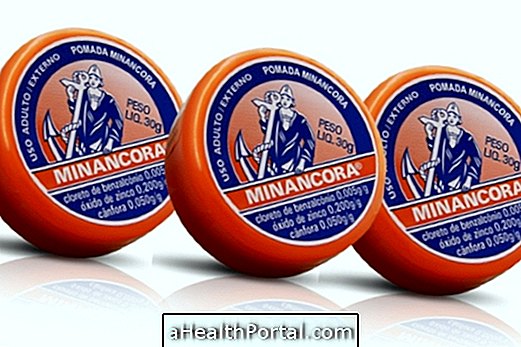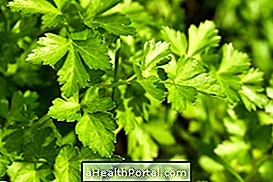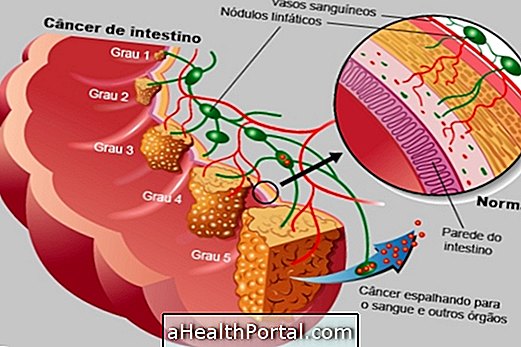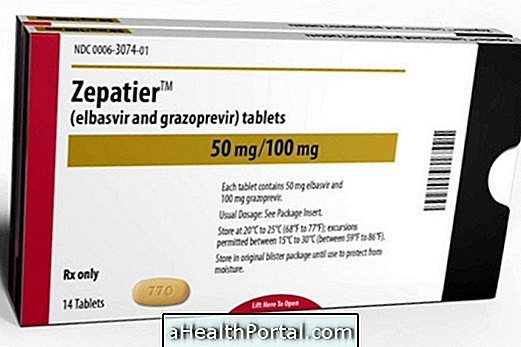Symptoms of poor digestion, such as heartburn and frequent burping, can occur after any meal, especially when food is rich in meats and fats, as they spend more time in the stomach to be digested.
In addition, drinking plenty of fluids during a meal can also cause poor digestion as it increases the volume of the stomach and slows down the digestion process.
Thus, the signs that may indicate indigestion are usually:
- Gases, flatulence;
- Heartburn and burning;
- Frequent seizures;
- Nausea and vomiting;
- Feeling full stomach, even after eating little,
- Diarrhea or constipation;
- Tiredness.
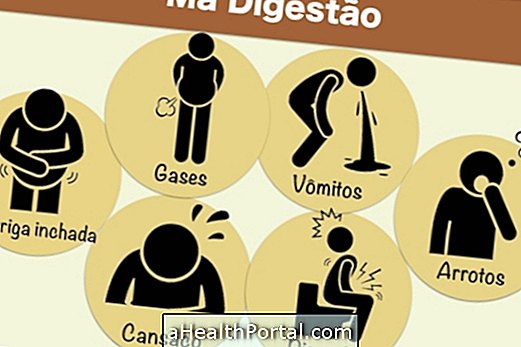
In addition to bad bowel habits, it is important to remember that poor digestion can cause less nutrients to be absorbed in the intestine, increasing the risk of problems such as anemia and lack of vitamins.
Medicines
The treatment of poor digestion can be done with the use of pharmacy remedies or home remedies such as teas and fruit juices with digestive properties. Some examples are:
- Gaviscon;
- Mylanta plus;
- Eparema;
- Milk of magnesia;
- Eno fruit salt;
- Boldo tea;
- Fennel tea.
Another good option is to eat a slice of pineapple or take about 50 ml of its pure juice, without adding water to dilute, as it facilitates and accelerates digestion, especially fatty meals such as barbecue or feijoada.
Learn about other homemade ways to facilitate digestion in:
- Home remedy for bad digestion
- Tea for bad digestion
What to eat
The diet to combat bad digestion should mainly have foods that are easy to digest and do not irritate the stomach, such as gelatin, fruit juices, bread and cookies without filling, also avoiding the consumption of liquids during the meal.
Foods that are to be avoided are especially those that contain many fibers and that stimulate the production of gases such as leafy green vegetables, beans, eggs and inlaid and high fat foods like butter, curd cheese, milk and red meats. In addition, it is also important to avoid processed and processed foods as they are often high in fat and preservatives that irritate the gut.

When to go to the doctor
It is important to make a medical appointment when poor digestion is frequent, with daily episodes or when repeated more than 8 times a month. The doctor may prescribe medicines to improve digestion and request tests that identify the causes of the problem, such as endoscopy.
It is also advised to go to the gastroenterologist if more serious symptoms arise such as vomiting with blood, blood in the stool or very dark and foul-smelling stools, which is one of the characteristics of blood hidden in the stool.
See examples of teas and juices that fight bad digestion and bring relief to the stomach and know what to do in case of congestion in this video:

